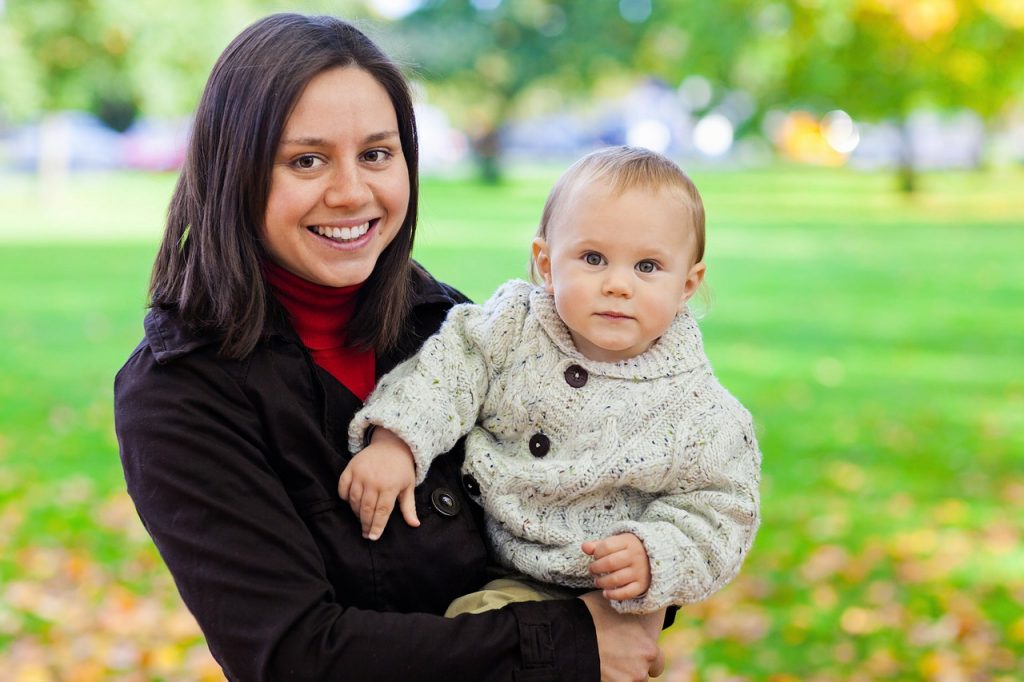What Subjects Should I Avoid In A Russian Conversation? Posted by Maria on Nov 2, 2017 in Culture, when in Russia
Once you’ve learned enough Russian to have a conversation with a native speaker, you need to think beyond what you can say about what you should say. Let us look at several common “taboo” subjects and see how they are treated by Russian speakers. I will mostly base my observations on what I saw in Russia, but I would love to hear about your experience in Russia or other Russian-language communities.
Money
While talking about money (деньги, always plural) is somewhat awkward in Russia, there are situations where Russians are more candid about this subject than their “Western” counterparts. For example, while asking a person what they make («Сколько Вы зарабатываете?») head-on is considered rude (невежливо), people will often ask their friends about third parties’ income. For example, a parent may ask their child what the child’s friend makes. It is also common for people to know exactly how much their spouse (fem. супруга, masc. супруг) makes each month and where that money is going.
Family
Another question that Russians will bring up fairly quickly in a conversation is whether a person or a couple (пара) married or has any children (дети):
- Вы женаты? (Are you married? – said to a couple or a man)*
- Вы замужем? (Are you married? – said to a woman)*
- У вас есть дети? (Do you have children?)
If you answer “no,” you may be asked why or when you are planning to get married or have children.
Ethnic Origin
As I wrote before, one’s ethnic origin (национальность, not to be confused with nationality in the sense of citizenship, гражданство) can be a sensitive subject in Russia. While people do often take pride in their origins and may talk about it freely, there have been times when that information was used to discriminate against ethnic non-Russians, so that question may be seen as awkward.
Politics
Based on my observations, Russians may bring up politics (политика) at a social gathering where this subject would be inappropriate in other cultures. While Russians are likely to criticize specific politicians (политики) or corruption (коррупция) in their country, they may get defensive if an outsider does the same. In short, it may be best to steer clear of politics unless you are close to and comfortable with your Russian counterparts.
Age
It’s fairly common to avoid talking about a woman’s age (возраст) in Russia. This applies to women as young as their 20s. That means that sometimes a birthday party won’t mention the “birthday girl’s” (именинница) age, and women will coyly say they turned 18 again.

Build vocabulary, practice pronunciation, and more with Transparent Language Online. Available anytime, anywhere, on any device.






